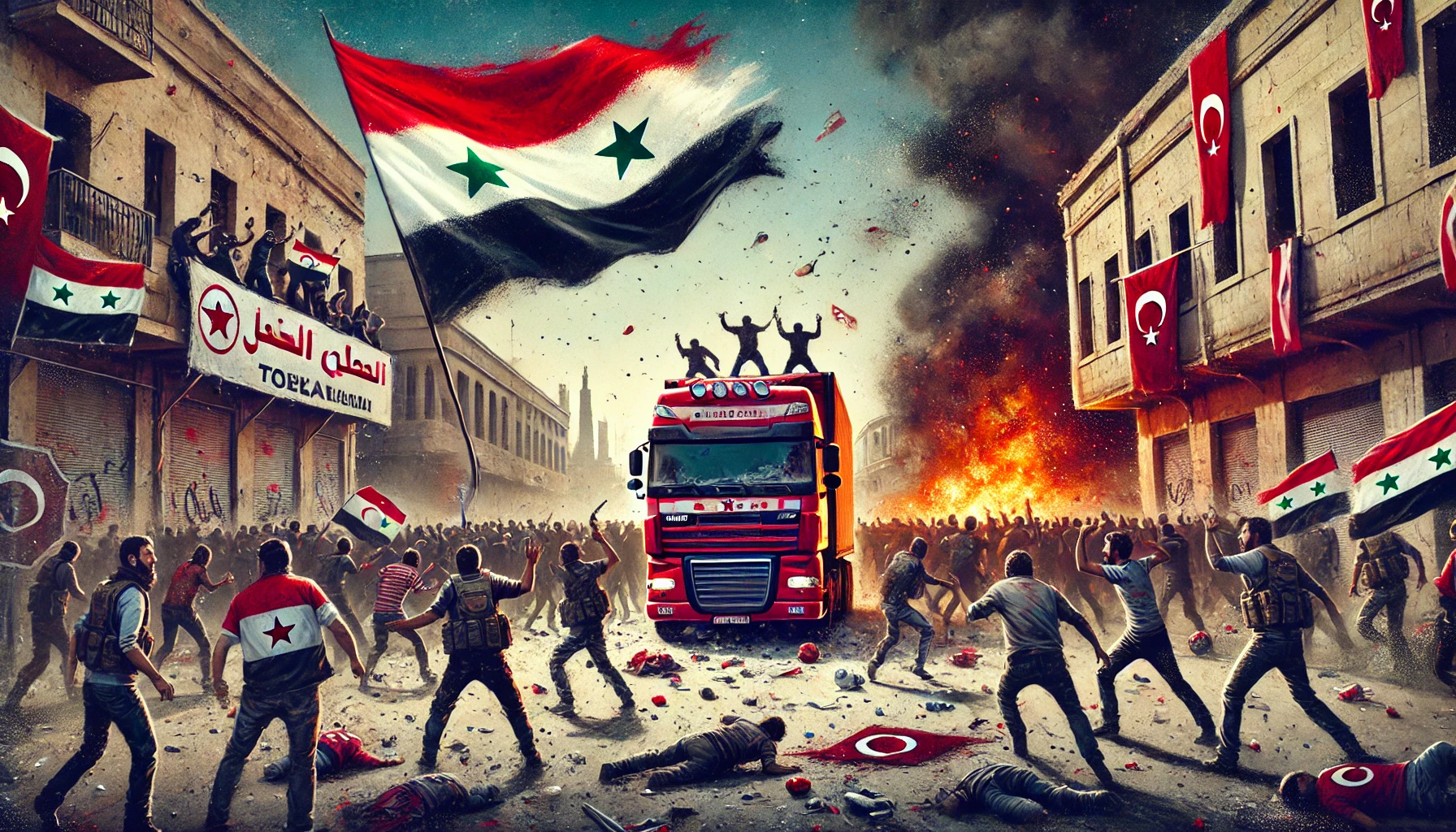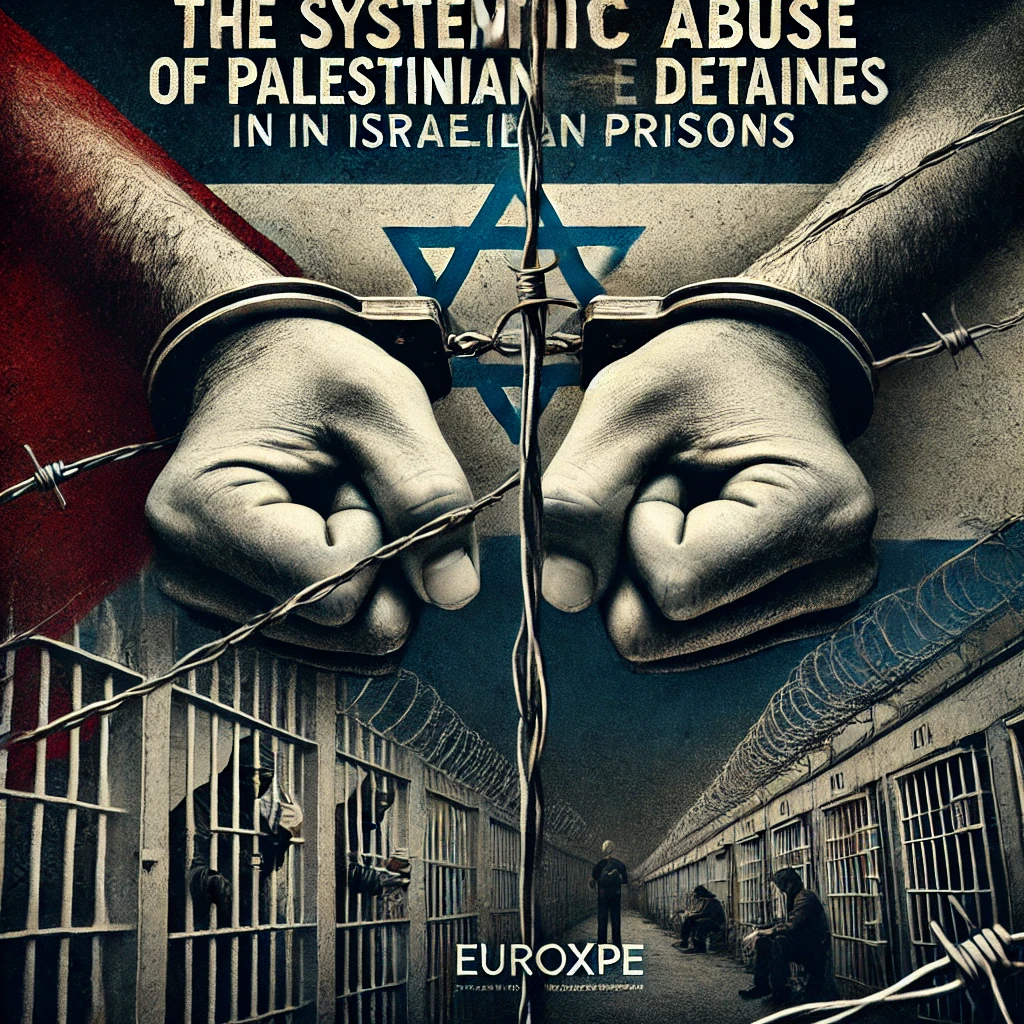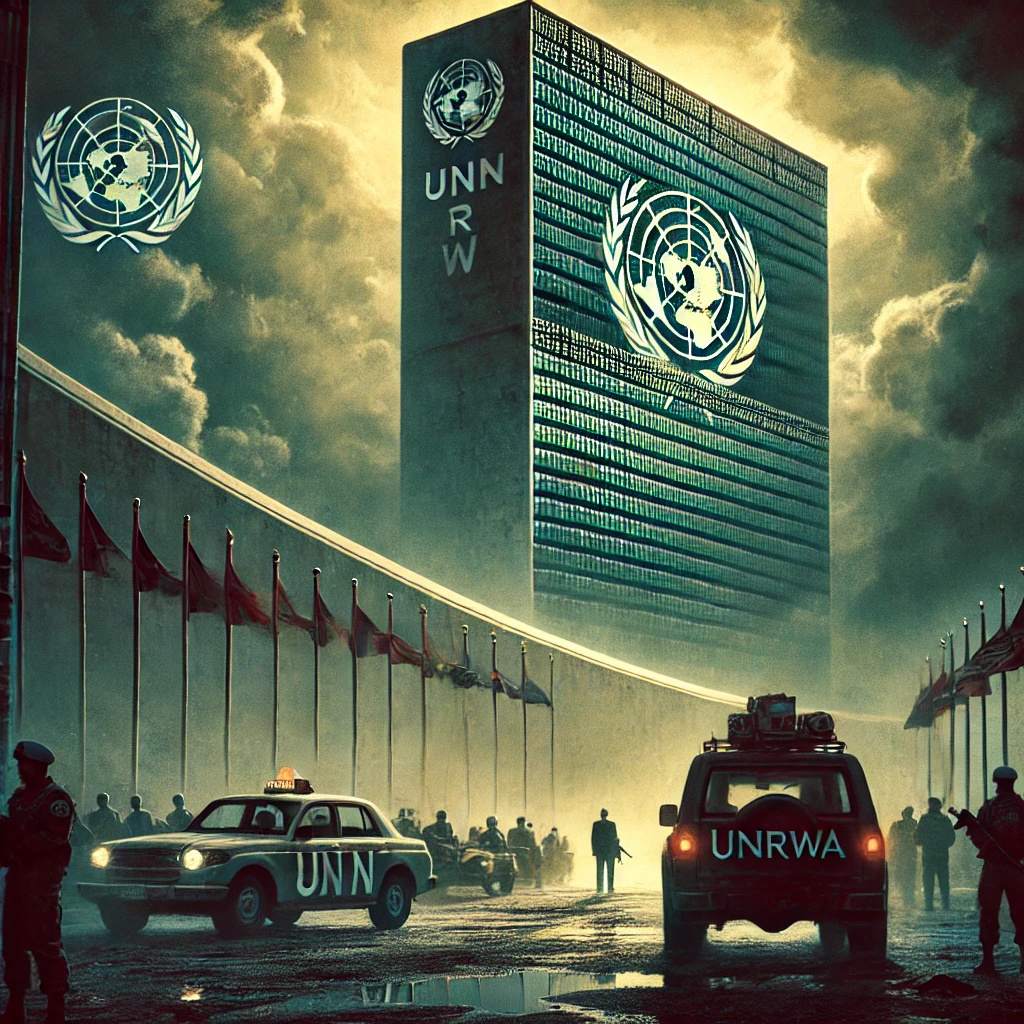The Gaza health ministry, controlled by Hamas, reports a devastating toll from an Israeli military operation in the Nuseirat refugee camp, aimed at rescuing hostages. According to the ministry, the raid resulted in the death of 274 Palestinians, including numerous children and other civilians.
On Saturday, Israeli forces, supported by air strikes, engaged in intense gun battles with Hamas militants in and around the densely populated Nuseirat camp. This operation successfully liberated four hostages, namely Noa Argamani, 26, Almog Meir Jan, 22, Andrei Kozlov, 27, and Shlomi Ziv, 41, who were abducted from the Nova music festival on 7 October.
The Israeli military claims that the operation resulted in fewer than 100 fatalities. However, the figures from the Hamas-run health ministry in Gaza, if confirmed, would mark this as one of the most lethal days in the ongoing conflict. Residents of Nuseirat have recounted harrowing experiences of being caught under relentless bombardment and heavy gunfire.
Abdel Salam Darwish, a local resident, described the horror of the raid to the BBC: “I was in the market buying vegetables when I heard the jets and gunfire. Afterwards, people’s bodies were in pieces, scattered in the streets, and blood stained the walls.”
The release of the hostages has been met with jubilation in Israel, with international leaders, including US President Joe Biden, expressing relief. However, the operation’s high civilian cost has drawn significant criticism. Josep Borrell, the European Union’s foreign affairs chief, condemned the incident “in the strongest terms,” describing it as “another massacre of civilians.”
Images from the aftermath of the raid in Nuseirat reveal the severe impact of the bombardment, with mourners grieving over the dead. Two hospitals in Gaza, al-Aqsa and al-Awda, reported a combined total of 70 bodies. The health ministry listed the names of 86 out of the 274 Palestinians killed during the two-hour military operation.
Israel’s military spokesperson, Daniel Hagari, previously estimated fewer than 100 casualties in what he described as a “high-risk, complex mission” based on “precise intelligence.” Defence Minister Yoav Gallant stated that special forces conducted the hostage rescue “under heavy fire,” with one officer succumbing to injuries in hospital later.
Footage from Gaza post-raid depicts scenes of carnage, with al-Aqsa hospital overwhelmed by severely injured patients, leaving hardly any space on the blood-stained floors. Continuous streams of casualties arrived by car and ambulance. Dr. Marwan Abu Nasser, director of al-Awda Hospital, spoke to BBC Arabic about the growing number of dead and the hospital’s lack of a morgue to accommodate the bodies.
In a particularly tragic account, a man recounted losing over 40 family members since the conflict began in October. He described a bombing attack on a house filled with women and children, saying, “As soon as they entered the house, the bombing took place, claiming the lives of all inside. Out of 50 people, only me, my father, my wife, and a young man survived.”
The bloodshed has led to rare criticism of Hamas from Gaza residents. Hassan Omar, 37, lamented the unnecessary loss of lives, arguing that negotiating the release of Palestinian prisoners in exchange for hostages without bloodshed would have been far more beneficial.
The hostage rescue operation occurred amid ongoing efforts to negotiate a ceasefire and hostage release deal between Israel and Hamas. While Israeli Prime Minister Benjamin Netanyahu faces pressure to reach an agreement, he also contends with opposition from far-right allies advocating for continued military action. Saturday’s operation, noted as the most successful hostage rescue by the Israeli military in this conflict, could influence Netanyahu’s decision-making as he faces increasing pressure.
Hamas political leader Ismail Haniyeh has stated that Israel cannot impose its will on the group and that a ceasefire agreement will only be possible if it ensures the security of Palestinians. During its 7 October attacks in southern Israel, Hamas killed approximately 1,200 people and took about 251 hostages. Of these, 116 remain in Gaza, including 41 whom the Israeli army says are dead. A November deal saw Hamas release 105 hostages in exchange for a week-long ceasefire and the release of 240 Palestinian prisoners from Israeli jails.
The Gaza health ministry reports that the death toll in Gaza has now reached 37,084 people.






